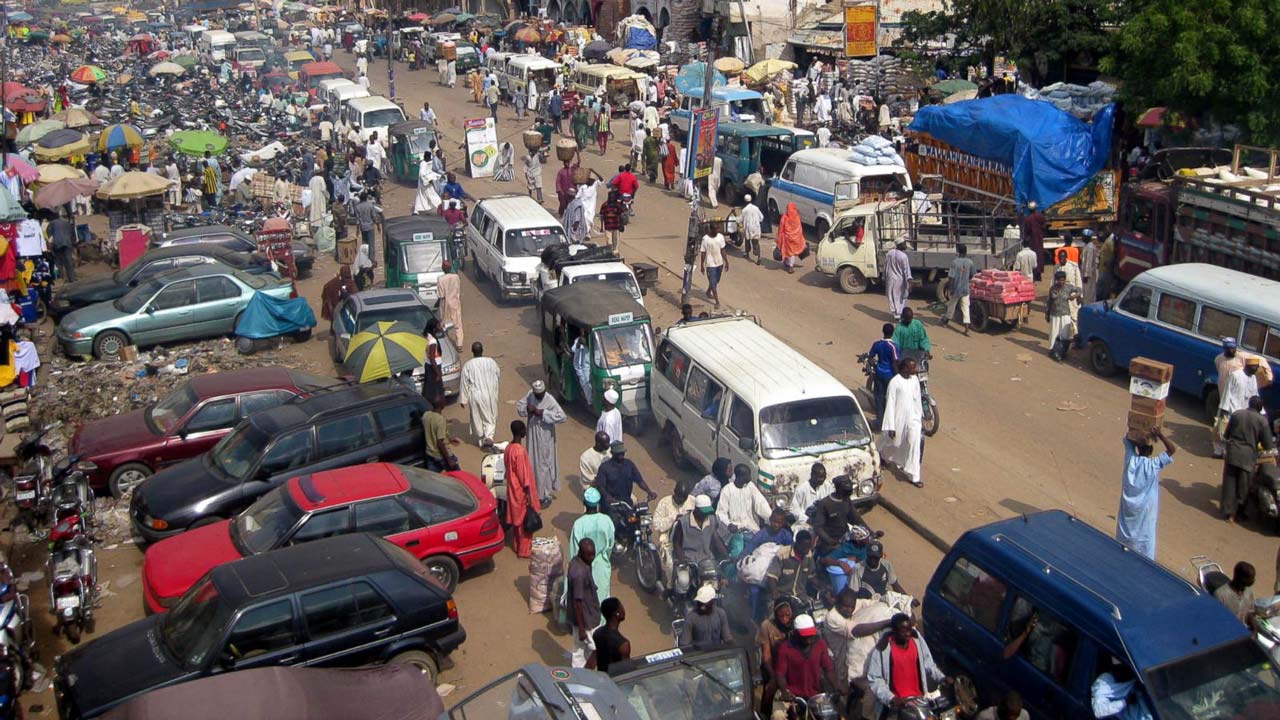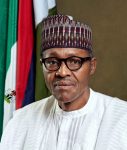How The North Benefits From Restructuring


By Adetokunbo Pearse
Opponents of restructuring who argue that the northern geopolitical zones stand to lose influence and power if the country is geo-politically and fiscally reconfigured are badly mistaken. Similarly, the notion that the north is better off than the south in today’s Nigeria is an illusion, because northern victory at elections has not translated into a better quality of life for people in the north. Ironically, of the 13 men who have led Nigeria since independence, nine of them have been northerners, yet consistently the north has remained drastically more underdeveloped than the south. It is in the north that we find the highest rate of illiteracy, the highest rate of poverty, the highest level of unemployment and the worst types of insecurity to life. Also, wide as the gap between the rich and the poor is nation-wide, the situation is much worse in northern Nigeria where less than 5 percent of the population controls 90 percent of the wealth. If the society is restructured many of these negative tendencies will be reversed, and the north will experience an unprecedented state of peace and levels of prosperity.
The system and structure of education must change if students from the north are to compete favourably with their peers in other parts of Nigeria. Northern children are failing WAEC at a higher rate than their southern counterparts, not because of inferior brains, but because cultural habits and the history of education in their society are less compatible with western educational tradition. Promotion of Koranic education during colonialism has put the north at the disadvantage which persists till today. Most parents do not speak English to their children at home, and cannot assist them with homework. Western choices of dress, food and entertainment are discouraged, and in some cases regarded as ‘haram’. It is difficult for a child to excel in western education when he lives in contradiction to western values. Applying quotas and lowering pass marks for admission into academic institutions is demeaning to the northern child and unfair to the child in the south. By giving preferential treatment to its youth in the education sector, the north is unwittingly breeding a host of mediocre and semi-illiterates. A restructuring of the educational system will enable states and geopolitical zones to design culturally relevant and priority based curricula. If the north patterns its educational system along the lines of countries with which it has cultural affinity such as Jordan or Saudi Arabia, it is likely to excel.
The 2014 Confab recommendation of the establishment of the state-controlled police force is premised on the argument that local people understand their terrain and culture better than outsiders. They are also more likely to empathize with local communities. Why deploy police who can’t swim from Sokoto State and Gombe State to the Creeks of the Niger? A police recruit from Lagos or Anambra who finds himself in the hearth land of Katsina cannot feel safe, and can hardly be expected to discharge his duties efficiently and without prejudice. In truth, when we encounter policemen who do not speak our language and who do not look like us, we tend to suspect them as we do an army of occupation.
A robust recruitment drive of young men and women into the police force locally will help the northern region tremendously. Employment will increase. There will also be an increase in personnel to tackle local crimes. Security of the neighbourhoods will improve, and rate of crime will decrease. Many of the Boko Haram fighters and the so-called Fulani herdsmen will find an alternative avenue to channel their aggression. We saw this during the 1967-1971 civil war when virtually all the notorious ‘Area Boys’ in Lagos joined the Nigerian army and transformed into patriots.
Protest against the overweening dominance of the North-west geo-political zone has been the source of social unrest and political turmoil in the northern region since independence. As things stand, while the north-east and the north-central zones have six states each, the north-west has seven. This is a huge advantage for the north-west in terms of access to federal funding as it has 186 Local Government Areas, while the north-east has 113, and north-central has 112. Consider also that of the nine northerners who have governed this country, six of them have been from the north-west, (Tafawa Balewa, Murtala Mohammed, Shehu Shagari, Sani Abacha, Shehu Yar’Adua, and Muhammadu Buhari). If the number in each of the three zones is equalised to nine, and if states are empowered to create their own local government areas to suit their administrative needs and economic strength, fairness will be apparent in the political system. The recommendation of the rotational presidency if implemented, will reduce, or eliminate allegations of marginalisation against the north-west, as the north-east and north-central will have an equal opportunity to produce a president.
Like the other regions before the civil war and military intervention, the north was economically self-reliant. The advanced textile industry, the groundnut production, the hide and skin tanning industry, as well as the mining of tin, gave the north a strong tax base with which to manage its economy. The situation was far from perfect, but the region did not go cap in hand to the federal government for money to pay civil servants or keep its hospitals open, rather the federal government utilised taxes collected from the regions to fund federal projects such as roads and defence. Things have taken a turn for the worse since the discovery of crude oil. The whole nation has abandoned old sources of revenue and has become dependent on oil. Unfortunately this bad habit is even worse in the north. The dependence on oil revenue has become an obsession in the north, turning the region into the nation’s basket case. According to 2015 National Bureau of Statistics, the Internally Generated Revenue (IGR) of the 19 northern states is 108 billion naira per year, while that of the 16 southern states is 581 billion naira. In essence the whole of the north generates less than 20 per cent of what the south produces.
This embarrassing fiscal situation changes with the adoption of the 2014 Confab recommendation which posits that states should have unfettered access to their mineral resources. For the states of northern Nigeria, these minerals include: iron, lead, zinc and limestone in Adamawa, gold, coal, columbium and limestone in Bauchi, tin, marble, limestone and columbium in Benue, uranium, clay, potassium, limestone and diatom in Borno, limestone, and gypsum in Gombe, kaolin, potash, iron, oil and copper in Jigawa, serpentine, asbestos, gold, clay and graphite in Kaduna, kaolin and asbestos in Katsina, kaolin, columbium and tantalum in Kano, kaolin, bauxite, potassium, and silica sand in Kebbi, tantalum and marble in Kogi, quartz, granite rocks, marble, clay and gold in Kwara, salt and bounte in Nasarawa, clay, gold, silica, granite, marble and copper in Niger, cassiterite and barytes in Plateau, gypsum, phosphate, limestone, clay and silica in Sokoto, uranium in Taraba, potash and crypsum in Yobe, and phosphate, limestone and gold in Zamfara. Evidently, there is no shortage of wealth in northern Nigeria. What Nigeria and the people of northern Nigeria in particular need at this point in history are leaders with vision and integrity.
Source: The Guardian








